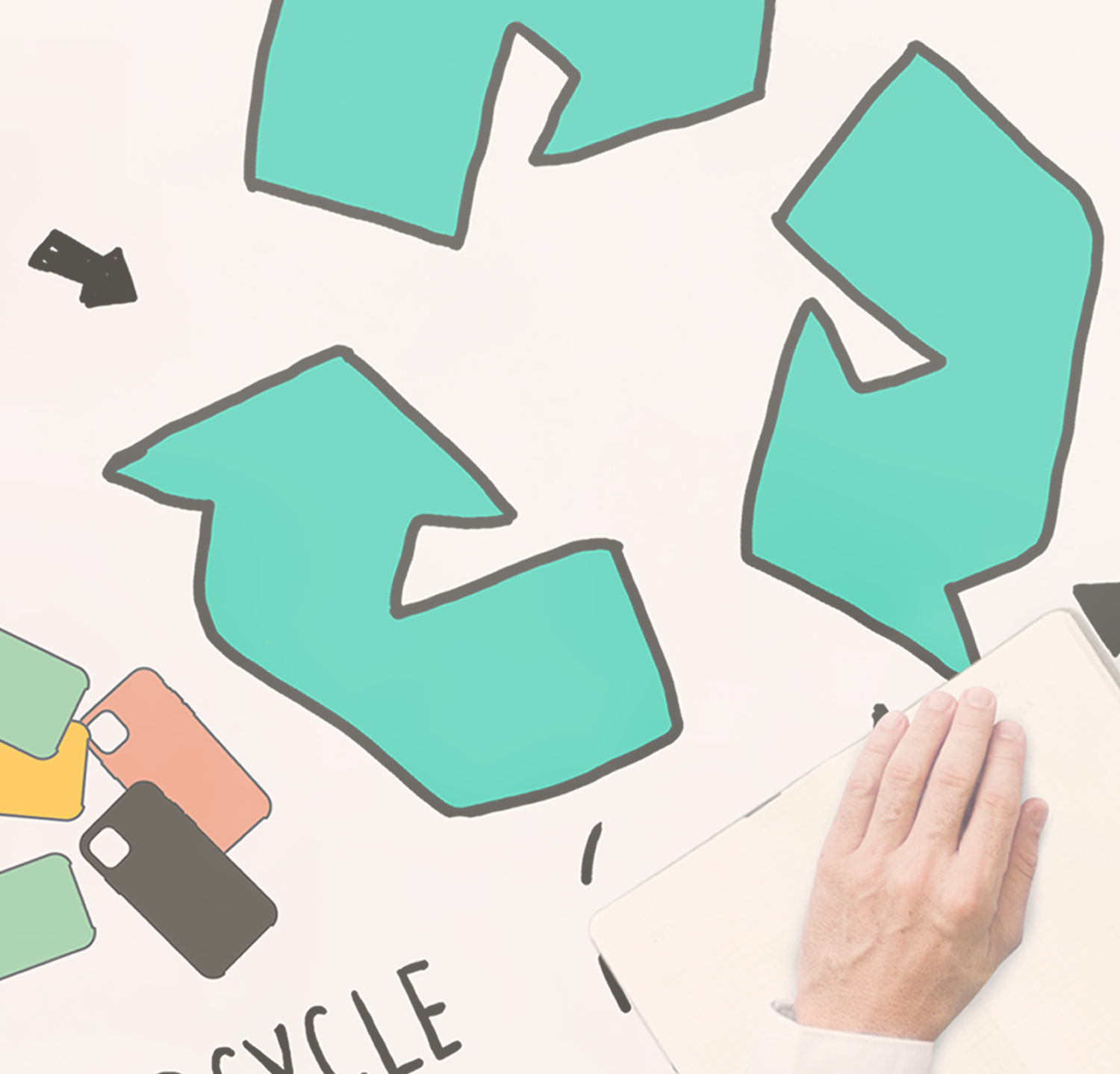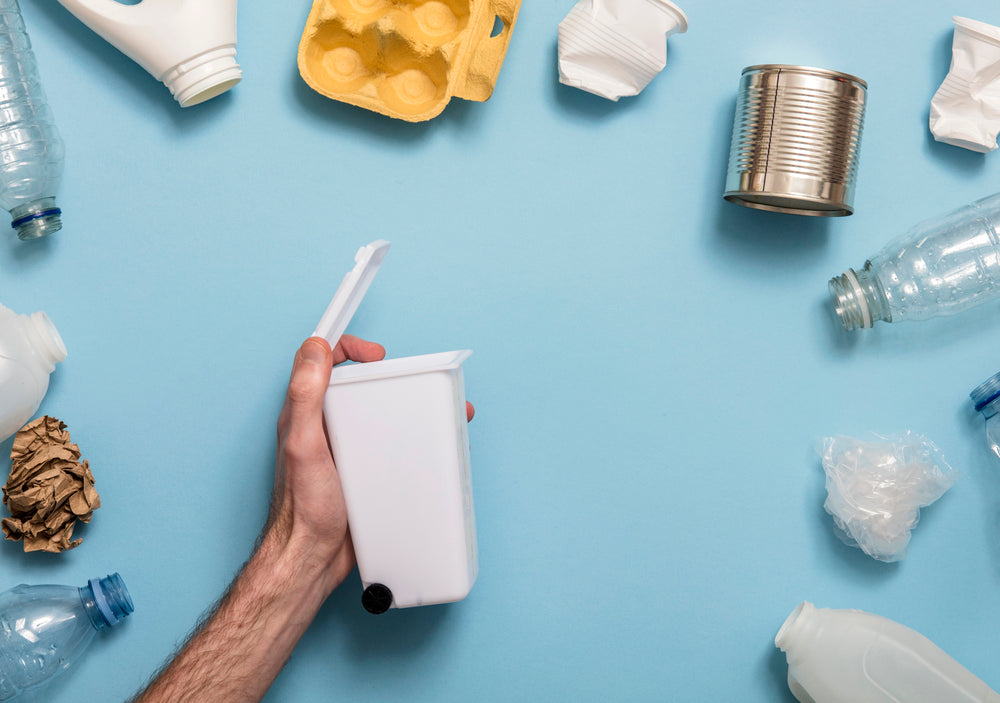Plastic pollution is getting worse, and fast. The average smartphone user upgrades to a new mobile device every two years and changes phone cases even more often. In this fast-fashion world where it’s so easy to upgrade, we forget that the phones and cases we leave behind quickly add up. Solving this growing problem requires creating a plastics economy that is smart, sustainable, and circular.

A reduction of plastic production through the expansion of consumer reuse options is the most attractive solution from environmental, economic, and social perspectives. Mounting public pressure about marine plastic pollution has led many governments and businesses to make commitments ranging from banning certain plastics to setting more ambitious recycling targets, introducing product standards, extended producer responsibility, and investing in recycling infrastructure. Under the G7 presidency in 2018, the Government of Canada joined the Ocean Plastics Charter, a global pact that offers a 5-part plan to reduce plastic pollution in marine environments worldwide. It aims to work with industry towards 100% reusable, recyclable, or where viable alternatives do not exist, recoverable plastics by 2030. Sharing the responsibility for consumer products is critical to a healthy circular economy.

However, most new regulations focus on specific items rather than enacting system-wide policies and setting system-wide standards, and do not address or significantly curb the projected growth in plastic production. The collective impact of all current national and municipal legislation regarding items such as straws, bags, stirrers, cups, cotton swabs, and bottles simply does not add up to a significant reduction in the overall quantity of plastic waste generated and leaked globally. It is not a lack of technical solutions that is preventing us from addressing plastic pollution, but rather inadequate regulatory frameworks, business models, incentives, and funding mechanisms.

In Canada, the vast majority of municipal recycling “BLUE-BOX” programs do not currently accept PP#5 plastic products (material in the majority of plastic phone cases). Retaining materials and products in a circular economy not only reduces greenhouses gases emissions and pressure on the environment, but also has significant economic benefits. The transition to a more circular economy saves costs and stimulates innovation, and encourages producers to adopt Extended Producer Responsibility (EPR) – a policy approach under which producers are given a significant responsibility for the treatment or disposal of post-consumer products.

Eco-Train offers the mobile accessory industry its first ever collaborative approach to prevent plastic pollution through a massive collection effort and coordination of the most sustainable end of life solution for phone cases. All levels of the supply chain support the Program including leading brand manufacturers, distributors, and retailers.

If you currently have a plastic phone case and would like to dispose of it – or even better, replace it with a compostable mellow case, follow those steps:
- Use the store locator to find the nearest participating retailer.
- Drop off your old phone case(s) in one of our case recovery boxes - If you are in Montreal, you are welcome to pop into our office, say hi and drop your plastic case in our recovery box.
- Send a photo of you dropping your case in a recovery box at support@mymellow.ca and get a 40% discount your next mellow order.
- Post a photo of you dropping your case in a recovery box on Instagram and tag @mymellowcase with the #mellowrecovery and get 70% discount on your next mellow order.
- Feel good (mellow) about yourself – You just participated in minimizing the amount of plastic waste on our planet.




Leave a comment
All comments are moderated before being published.
This site is protected by hCaptcha and the hCaptcha Privacy Policy and Terms of Service apply.